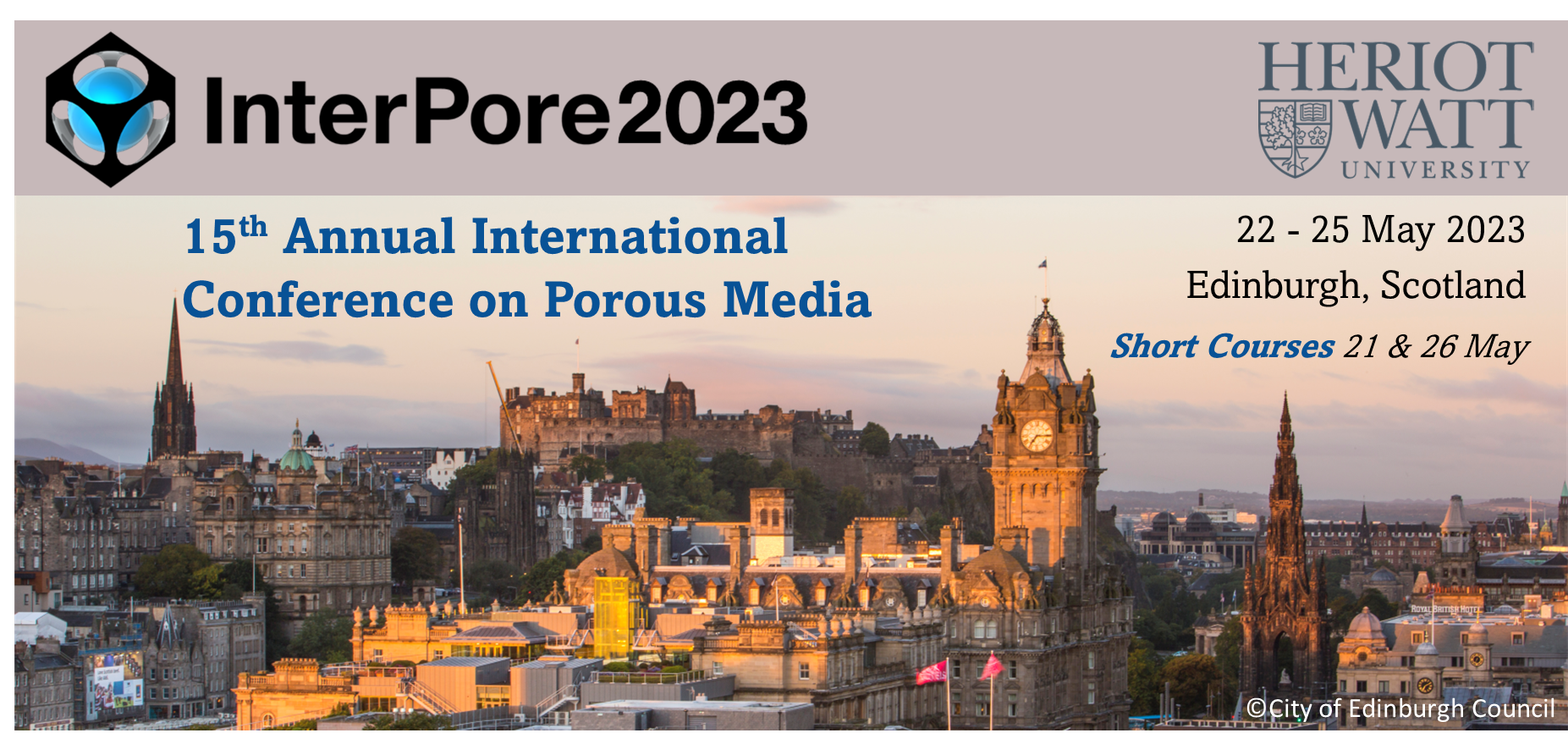Speaker
Description
Objectives/Scope:
The oil industry produces large volumes of water along with the hydrocarbons (gas and oil), and in many cases the volumes of produced water exceeds the volume of water. Disposal of this contaminated water is a great challenge for the industry, however on fields where the wells are waterflooded with seawater an alternative disposal method is re-injecting the produced water. The major challenges with injectivity decline and formation damage during produced water re-injection are found in the near wellbore region. Deposits of schmoo, bacteria, production chemicals, oil components, scale and corrosion products are formed at the reservoir surfaces and will reduce the injectivity of produced water and seawater, containing dispersed components like solids and drops. Various well-stimulations are carried out without backflushing. The possible reasons for the reduced injectivity are thus formation of biofilms, clogging of the well with organic material from the produced water, both crude oil constituents and additives, salinity effects, temperature effects and particulates among others. In addition, the filter cake development may happen as complete, “standard” matrix or partial blocking. This research proposes to investigate these effects by a novel combination of chemical analysis and core flood investigations, including injection experiments in a CT-scanner, to suggest improvement of produced water treatment for optimized water flooding with produced water.
Methods, Procedures, Process:
Flooding experiments through mini-cores or membranes will elucidate mechanisms such a pore blocking or cake formation through a combination of flow experiment, CT scanning and analysis of effluent composition. The smaller core or filter studies are less time consuming than longer core studies and are therefore well suited for screening filter cake development since this is independent of core length. . Analysis of the reservoir fluids and the injection effluents will be extended to include crude oil constituents and possible additives in the case of real produced water.
Results, Observations, Conclusions:
As a result of the conducted experiments, the processes are described, due to which the pore space is clogged inside the core samples. The dependences of the intensity of changes in the permeability of the rock and the elemental composition of the injected fluid are determined. Parallel studies were carried out using various methods, confirming the above theory.
As a result of the conducted experiments, the processes are described, due to which the pore space is clogged inside the core samples. The dependences of the intensity of changes in the permeability of the rock and the elemental composition of the injected fluid are determined. Parallel studies were carried out using various methods, confirming the above theory.
Novel/Additive Information:
This study will help extend the life of wells in the future. It will help to determine the reasons for the deterioration of the porosity properties of the reservoir and avoid further work to increase the permeability by increasing the characteristics of the injected water.
| Participation | In-Person |
|---|---|
| Country | Denmark |
| MDPI Energies Student Poster Award | Yes, I would like to submit this presentation into the student poster award. |
| Acceptance of the Terms & Conditions | Click here to agree |







